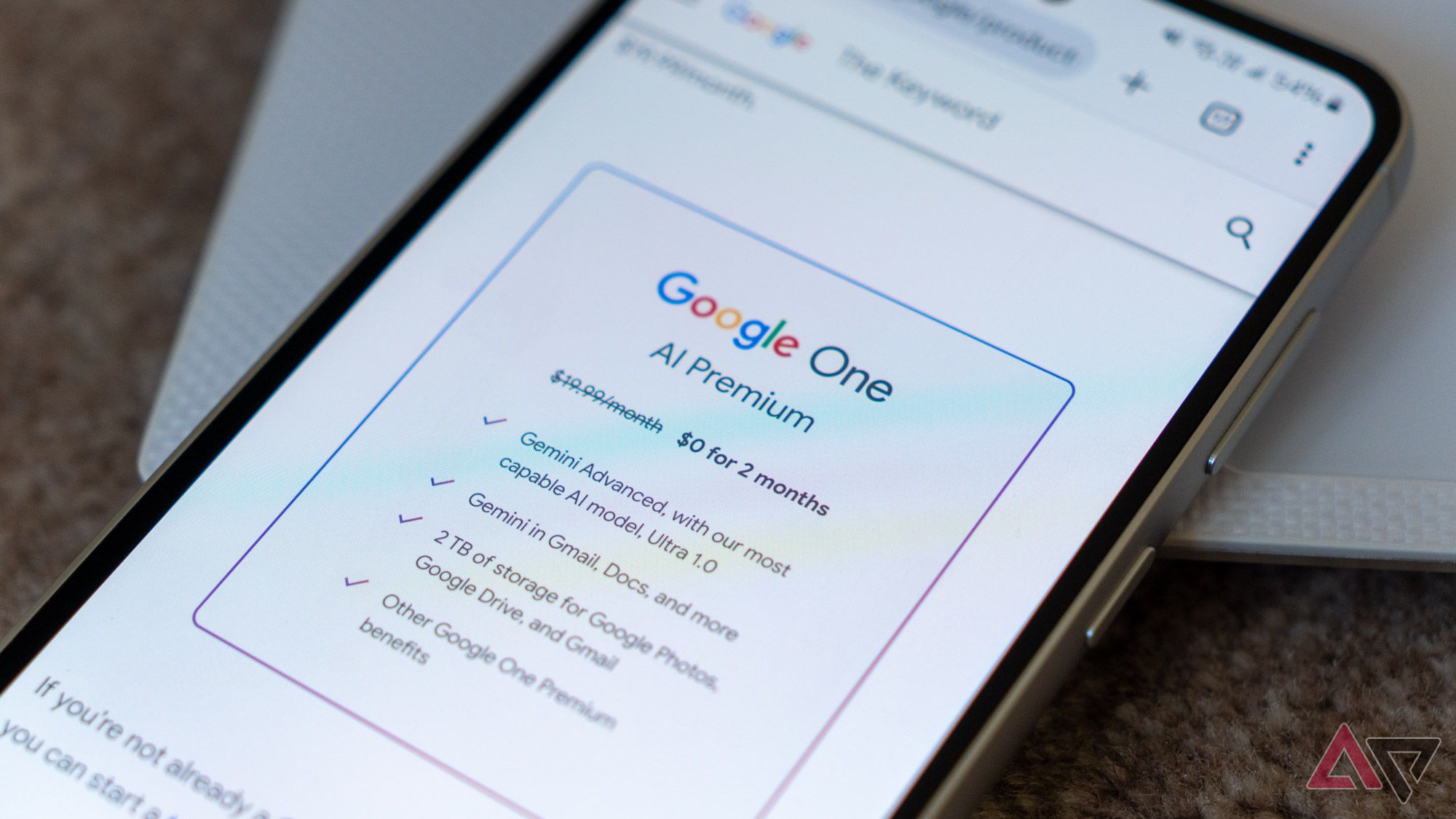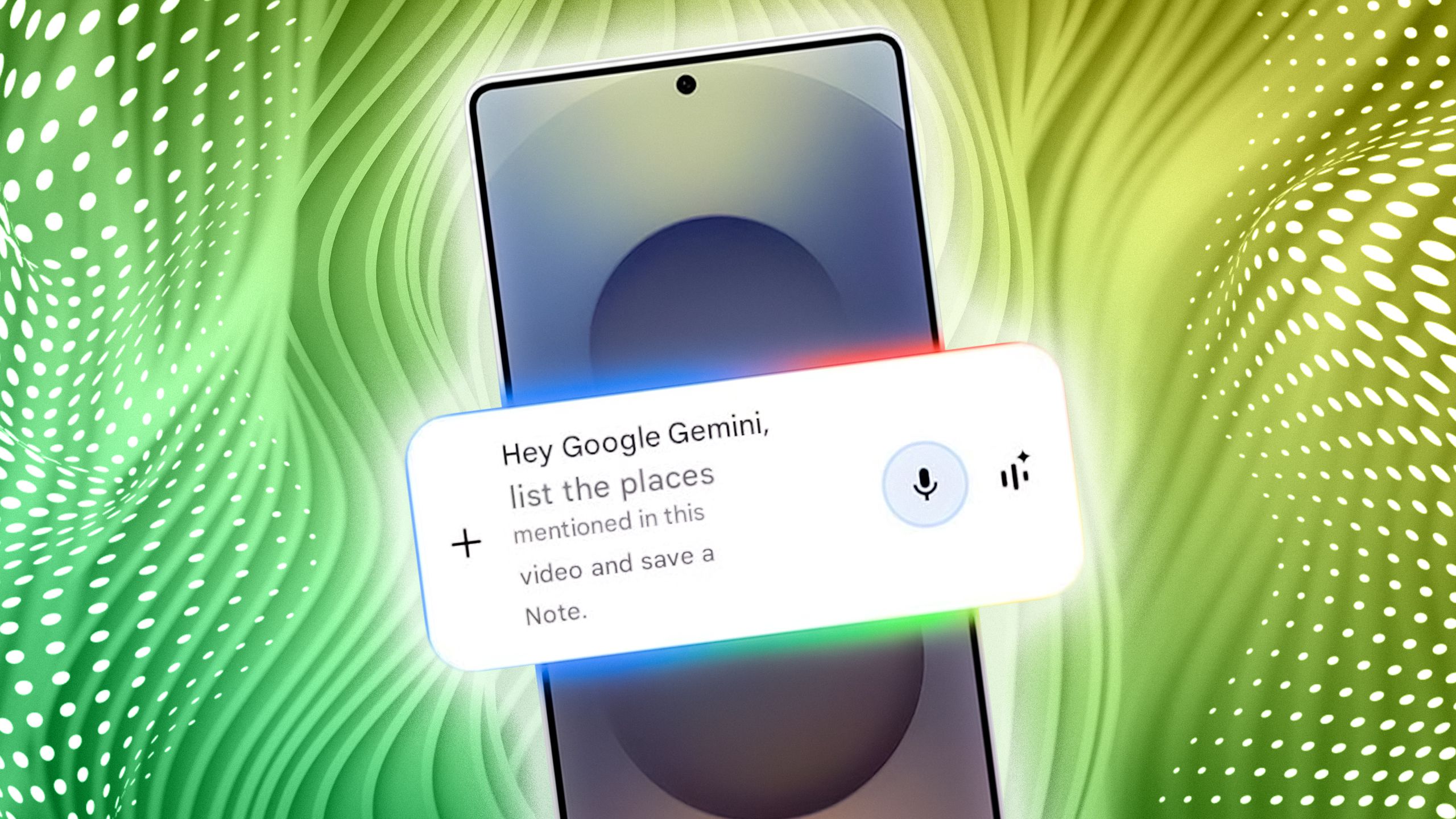It’s exciting to see how quickly artificial intelligence is moving forward. DeepSeek AI is one of those AI models making headlines. The sharp rise in installations on Android phones proves DeepSeek’s unmatched user experience in key niches. Here are some of DeepSeek’s features and advantages over Gemini.
10
DeepSeek’s summaries are better organized
DeepSeek and Gemini can both summarize, but DeepSeek is more readable. Tested with the prompt “Give me the summary of recent AI innovations in 150 characters,” DeepSeek returned key findings as clear bullet points, though it slightly exceeded the word limit. DeepSeek also analyzed more information and included citations for more exploration. Gemini delivered a concise and accurate summary but used a paragraph-based format that wasn’t as user-friendly.
9
DeepSeek’s free model beats Gemini’s paid plans
DeepSeek is a free, open source AI model with no subscription fees. In contrast, Gemini uses a freemium model. Basic features are free, but advanced tools, like the experimental 2.0 Pro model, deep research, and large document uploads, need a Gemini Advanced subscription.
Related
5 reasons why I prefer Gemini Advanced over ChatGPT Plus
Gemini Advanced hits all the sweet spots for my use cases
8
DeepSeek’s local processing beats Gemini’s cloud delays.
Cloud-based Gemini sends every request to external servers for remote processing before returning a response, which introduces latency that varies with internet speed, server load, and geographical distance. High server traffic can result in longer wait times, slower responses, or temporary unavailability. Running DeepSeek on a local machine or server removes cloud communication delays and bypasses these issues by performing all computations locally.
7
DeepSeek is cheaper to train
DeepSeek R1’s training methodology uses reinforcement learning with a structured reward system to optimize accuracy and formatting, outperforming traditional neural reward models. It reportedly trained for 55 days on 2,048 Nvidia H800 GPUs, reducing costs to $5.5 million, lower than Gemini’s estimated $191 million. However, experts warn that DeepSeek’s cost claims lack full transparency and may be inaccurate.
6
DeepSeek can work even without the internet
Users lose AI assistance when they need it most without internet access. Cloud-based AIs require a stable connection to answer questions, summarize documents, or generate ideas. Although Gemini Nano supports offline functionality, it lacks the full potential of its cloud version. This gives DeepSeek an advantage in scenarios where offline AI access is essential, as self-hosting DeepSeek offers offline AI access anytime, anywhere.
Related
Here’s every Android phone that supports Gemini Nano so far
And which have the new Gemini Nano with multimodality
5
Maintain full privacy over your AI interactions when self-hosting DeepSeek
Most people prefer to keep their search history, notes, and interactions private. Cloud-based AI models transmit data to remote servers for processing. Although providers like Google and OpenAI use encryption and data retention policies, cloud-based AI requires users to trust a third party with their information.
This poses a risk for users handling confidential or proprietary content, who have little control over data storage and usage. For example, Google can store, analyze, and use personal finance data, private thoughts, or creative projects to improve its models.
DeepSeek provides a local AI solution that keeps all queries, responses, and processing on the user’s device. This stops concerns about data exposure, unauthorized access, or server breaches.
4
DeepSeek supports deeper AI customization than Gemini
Gemini lets users create custom AI experts with Gems but does not grant access to its source code or model parameters. This confines users to predefined adjustments instead of supporting fundamental changes to model processing. Consequently, users cannot integrate specialized datasets or optimize performance for niche applications.
DeepSeek’s open source framework unlocks full access to its core architecture, offering a powerful alternative for researchers, businesses, and AI enthusiasts. Users can adapt the model for specific industries, specialized applications, and unique linguistic needs.
For example, medical researchers can train DeepSeek with industry-specific terminology and case studies, improving its interpretation of symptoms, lab results, and medical literature. Similarly, businesses can integrate proprietary data to customize AI workflows, optimize automation, and improve customer interactions.
3
DeepSeek supports open source collaboration
Unlike proprietary models that follow corporate roadmaps, DeepSeek benefits from collective contributions that accelerate bug fixes and security patches. As a result, vulnerabilities, biases, and performance bottlenecks are identified and resolved faster than in closed-source models.
The open-source ecosystem accelerates feature expansion. Developers can add missing options without waiting for official updates, resulting in a growing ecosystem of third-party plugins, API integrations, and performance improvements. It also allows developers to embed DeepSeek in various applications without proprietary constraints.
2
DeepSeek’s self-hosted model reduces AI censorship
Closed-source models enforce predefined content moderation policies that restrict discussions on sensitive topics for ethical, legal, or risk-mitigation reasons. Although content filtering prevents misuse, it can cause unintended censorship when the AI refuses legitimate research topics or critical societal issues. For example, the web version of DeepSeek avoids discussions about China’s political landscape, likely due to regulatory constraints. This mirrors restrictions in Western AI models, where filters block conversations on controversial or legally sensitive matters.
DeepSeek-R1-abliterated offers a unique approach. Users can access an unrestricted version when installed locally or self-hosted. This is achieved by removing built-in refusal mechanisms through a process known as abliteration that modifies the model’s internal mechanisms to remove refusal behaviors.
1
DeepSeek AI is not a black box like Gemini
Open source access allows users, researchers, and regulators to perform independent audits with DeepSeek. This permits thoroughly examining biases, security vulnerabilities, and ethical concerns. Closed-source models operate as black boxes, forcing users to rely solely on what the provider assures. Without access to code and training data, users cannot fully understand how these models make decisions or determine if they are subject to biases, errors, or adversarial manipulation.
AI models diagnose diseases, recommend treatments, and manage patient data in healthcare. A biased or unreliable AI system can cause misdiagnoses and inequitable outcomes. Access to DeepSeek’s training data lets medical professionals and AI ethicists verify that the model uses diverse, representative datasets, reducing systemic bias.
In finance, AI models influence loan approvals, detect fraud, and drive algorithmic trading in finance. Lack of transparency prevents users from assessing if an AI system disproportionately denies loans to certain demographics or bases investment decisions on flawed data.
DeepSeek’s success should push the West
DeepSeek was a wake-up call for the West. As a cheaper, open source, and efficient large language model, it challenges the dominance of proprietary AI solutions. With any luck, the algorithm behind DeepSeek’s success can inspire cost-effective AI development in the West.








